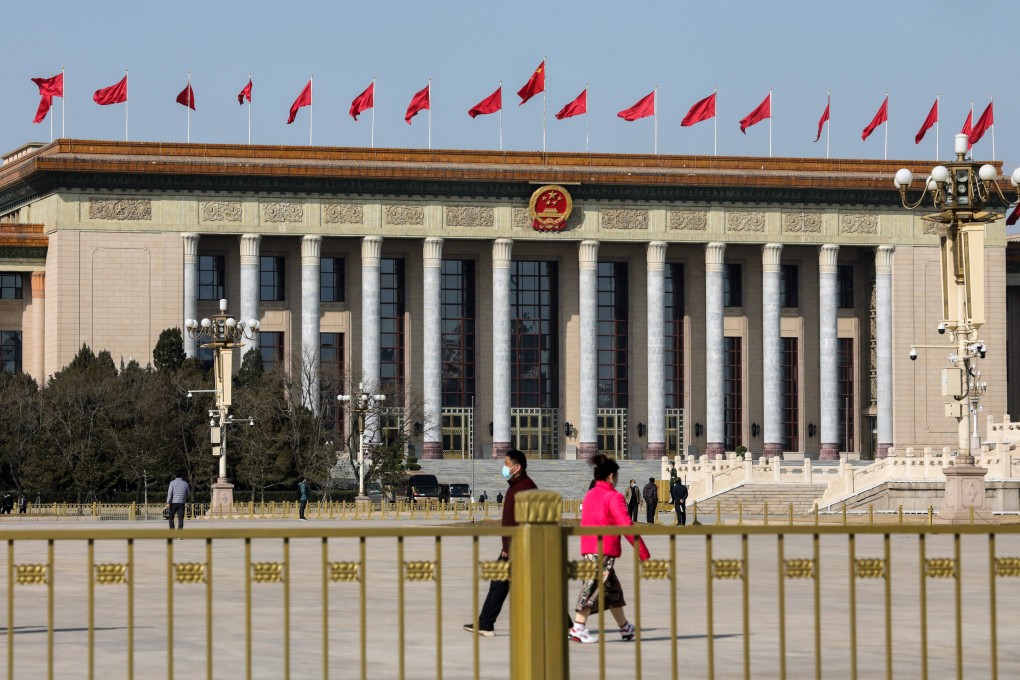About half of Hong Kong delegates set to miss ‘two sessions’ over Covid-19, chances of virtual presence ‘slim’ due to confidentiality concerns
- Only 17 of 36 local deputies of National People’s Congress and about half of 202 delegates invited to advisory body’s conference flew from Shenzhen to Beijing on Thursday
- Analysts say Beijing cares instead how delegates will use political influence outside meetings to facilitate mainland Chinese efforts to curb city’s infection surge

About half of more than 200 Hong Kong delegates are expected to be absent from China’s two most important annual conferences, which start on Friday, for reasons related to the city’s worsening coronavirus outbreak.
The record absenteeism rate has prompted pro-Beijing representatives, including those stranded in Shenzhen, to explore ways to stay relevant to the discussions, although they said chances of joining the so-called two sessions virtually remained slim due to “confidentiality concerns” from mainland Chinese authorities.
Analysts said what Beijing cared about instead was how the delegates would utilise their political influence outside the meetings to facilitate the mainland’s efforts to curb the city’s infection surge.
“Being able to control the epidemic situation is seen as of utmost importance to showcase Beijing’s strong leadership, paving the way for the 20th Party Congress which will determine President Xi Jinping’s succession later this year,” said veteran China-watcher Johnny Lau Yui-siu. “Everything local delegates do now should be related to this goal.”
Lau said this was a “prime opportunity” to boost Hongkongers’ perception towards the central government ahead of Xi’s possible visit to Hong Kong in July, adding that it was “naturally a primary task for Hong Kong delegates to contribute their part now”.
The annual session of the country’s top advisory body, the Chinese People’s Political Consultative Conference (CPPCC), kicks off on Friday, followed by the opening of the country’s parliament, the National People’s Congress (NPC), on Saturday.
More than 100 absentees from Hong Kong are expected at this year’s sessions, according to estimates from several veteran members.